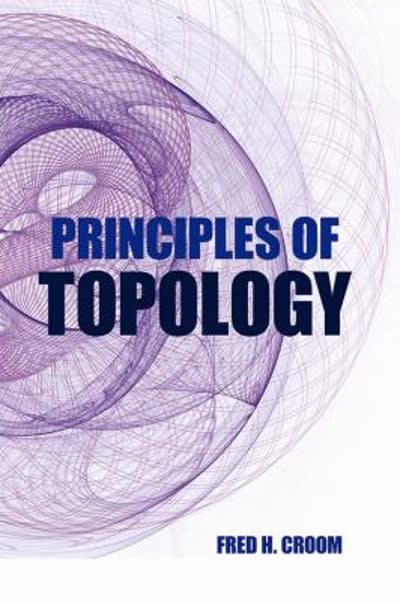Question
COURSE: STATISTICS AND PROBABILITY - HYPOTHESIS TEST Video games, as a cultural mechanism, have a complex social importance due to their nature as a mass


COURSE: STATISTICS AND PROBABILITY - HYPOTHESIS TEST
Video games, as a cultural mechanism, have a complex social importance due to their nature as a mass medium, which is producing a certain inclination to review cognitive implications in theory of knowledge and educational issues. Some studies show a negative relationship between use of video games and school performance, others have not detected such influence, except in very specific cases. That is, it seems that behavior attributed to video games can become pathological depending on intensity or frequency invested in it and degree of interference in family, social and school relationships of people involved.
At a global level, there is evidence to determine which would be some of variables that affect academic performance. Among variables positively associated with performance are: personal study skills and dedication, classroom attendance, teacher education and parental education. On other hand, number of students in classroom and cigarette consumption (nicotine) are negatively associated with academic performance. They point out that important thing is not to study all day long, but that brain is in optimal conditions to learn during time dedicated to study, otherwise learning will not be as effective.
Grades obtained by students in higher education are an indicator that certifies achievement reached, as long as grades reflect academic achievements in different components of learning, such as personal, academic and social characteristics. However, grades have made it possible to identify factors that favor or limit academic performance. Literature points out need to analyze learning strategies of university students, although result of these depends on how committed student is to his or her strategy. Similarly, self-regulation during learning improves awareness and control of what will be learned, increasing academic performance.
Following this literature, a group of teachers conducted an experiment, for which they defined variable degree of dedication to subject they teach (dedication), which was constructed by multiplying time dedicated to subject outside classroom and percentage of effective class attendance. This means that variable dedication to course takes the value 0 when student is not dedicated to course either by not attending or by not studying outside class, highest level of dedication observed in group of students was equal to 10. Taking grades obtained by 194 students at end of course as dependent variable, group of professors proposed following simple linear model:


Step by Step Solution
There are 3 Steps involved in it
Step: 1

Get Instant Access to Expert-Tailored Solutions
See step-by-step solutions with expert insights and AI powered tools for academic success
Step: 2

Step: 3

Ace Your Homework with AI
Get the answers you need in no time with our AI-driven, step-by-step assistance
Get Started


